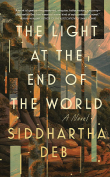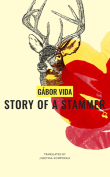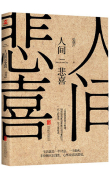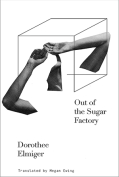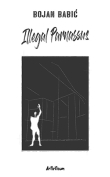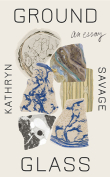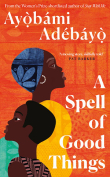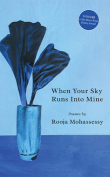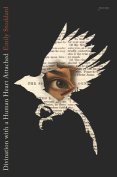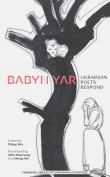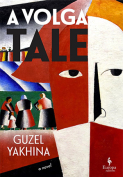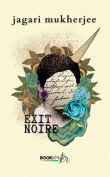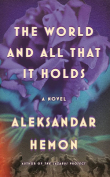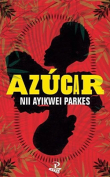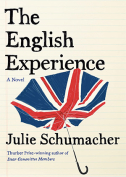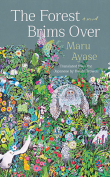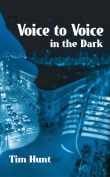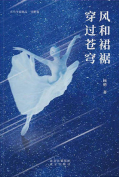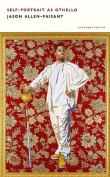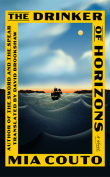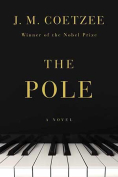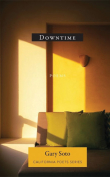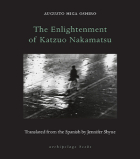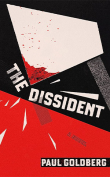The Enlightenment of Katzuo Nakamatsu by Augusto Higa Oshiro
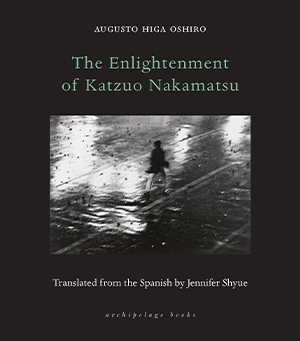 New York. Archipelago. 2023. 102 pages.
New York. Archipelago. 2023. 102 pages.
Since the mid-1990s, renowned Peruvian writer Augusto Higa Oshiro (b. 1946) has interrogated through his literature what it means to be a nisei in Peru, and this is his most accomplished fictional examination of that question. The novel’s protagonist, the son of Japanese immigrants, is a widower in his late fifties recently forced into retirement from his job as a university professor. Born and raised in a working-class neighborhood of Lima, Katzuo Nakamatsu is a flâneur well acquainted with the city’s streets. However, his sense of comfort and stability within that familiar environment soon crumbles, and he becomes adrift, floating back and forth between the reality of the streets and his own thoughts, memories, and dreams.
The novel begins with Nakamatsu out on one of his regular walks, when he stops to admire the blooming sakuras—the cherry blossoms that “[filled] him with a private joy and . . . a secret spirituality.” That sense of beauty and satisfaction quickly morphs into feelings of dread and trepidation, leading to an epiphanic moment that will send him spiraling toward mental disintegration: “And in that fragment of afternoon, from that imperturbable beauty, Nakamatsu noticed, sprang a death drive, a vicious feeling, like the sakura were transmitting extinction, a shattering, destruction.”
From then on, all that had felt familiar and safe becomes menacing, alien spaces from which Nakamatsu feels excluded, even as he continues to seek them out. His inner reality is shattered, and his feelings of loneliness, nonbelonging, and marginalization become evident. As we follow Nakamatsu’s wanderings, we learn of his history, relationships, and literary projects; the struggles of his father and other Japanese immigrants at the beginning of the twentieth century and their persecution during World War II; and his alienation from his successful siblings and other Japanese Peruvians. Foremost, we learn how he feels discriminated by those of indigenous and Spanish ancestries; in short, how he feels like a “foreigner” in his own country. The novel culminates with another epiphany and, it seems, Katzuo’s irreversible plunge into insanity, when he has a glimpse of “nature’s essence” in the exquisite beauty of a young man.
The Enlightenment is a labyrinthine, dizzying narrative that often renders the reader breathless, and Jennifer Shyue’s translation superbly captures its various nuances, from the most delicate to the most brutal aspects of Katzuo Nakamatsu’s world.
Cristina Pinto-Bailey
Lexington, Virginia
